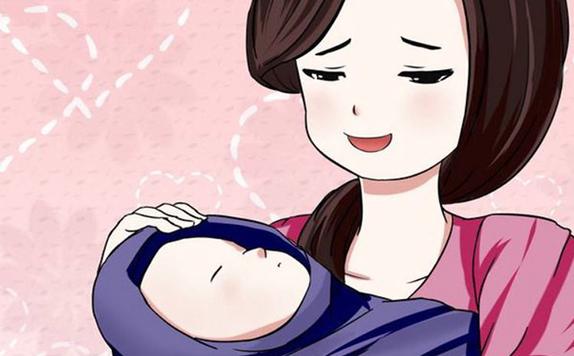With the relaxation of the one-child policy, many families place all their care and expectations on their children, hoping that they will become the next generation that understands and empathizes with their parents. However, some parents find that their children, upon reaching adulthood and independence, do not exhibit the expected understanding and empathy. This raises a question: Have our educational methods deviated from the track at certain key points?
The growth of children is a comprehensive process that involves emotional education and shaping of values, far beyond mere accumulation of knowledge. Especially in the child’s early years, parental behavior demonstration is crucial. Excessive indulgence and taking over everything, while well-intentioned, may breed the child’s dependency, weakening the establishment of gratitude and sense of responsibility. Children growing up in such an environment may view their parents’ sacrifices as natural, overlooking the hard work and sacrifices behind them.
Furthermore, excessive protection can limit a child’s independence and development of problem-solving abilities. If parents always solve problems for their children, the children may develop avoidance habits, lack empathy, and fail to consider problems from others’ perspectives.
Moreover, emphasizing academic achievement alone, while neglecting personality shaping and emotional education, is also an issue that cannot be ignored. While academic achievements are important, a child’s mental health and social skills are equally valuable. The lack of effective communication and understanding of others’ abilities will make it difficult for them to truly appreciate the efforts and expectations of their parents in adulthood.
Therefore, adjusting educational strategies is particularly important. We need to encourage children to think independently, instill a sense of responsibility; at the same time, enhance emotional communication so that they can appreciate the hardships of their parents. Teach them the art of interpersonal communication, as well as the meaning of gratitude, to help them grow into adults who are both independent and understanding.
Ultimately, the core goal of education is to cultivate individuals full of love, strong sense of responsibility, and understanding of others. Only in this way can children deeply understand and repay their parents’ selfless dedication on the journey of growth.


